When it comes to the world of spices, few ingredients are as intriguing and versatile as the jalapeño peppers. These small, vibrant peppers pack a punch that can elevate any dish from ordinary to extraordinary. Whether you're a seasoned spice connoisseur or just starting out on your culinary journey, this guide is packed with practical tips, in-depth explanations, and visual comparisons to help you understand and use jalapeño peppers like a pro.
Table of Contents
- What Are Jalapeño Peppers?
- Spice Level and Flavor Profile
- How to Use Jalapeño Peppers
- Cooking with Jalapeño Peppers
- Buying Guide
- Common Mistakes to Avoid
- Frequently Asked Questions
- Conclusion
What Are Jalapeño Peppers?
The jalapeño peppers are a type of chili pepper that originated in Mexico. Known for their bright green or red color and small size, they're widely used in traditional dishes across Mexican cuisine. Despite their diminutive appearance, these peppers are not to be underestimated—many describe them as having a fresh, vegetal flavor with a moderate spicy kick that builds gradually.
These peppers are commonly confused with serrano peppers due to their similar shape and heat level, but they have a unique taste profile that sets them apart. They're commonly used fresh, dried (as chipotle), or ground into powder, making them a flexible ingredient in both home kitchens and professional settings.
Spice Level and Flavor Profile
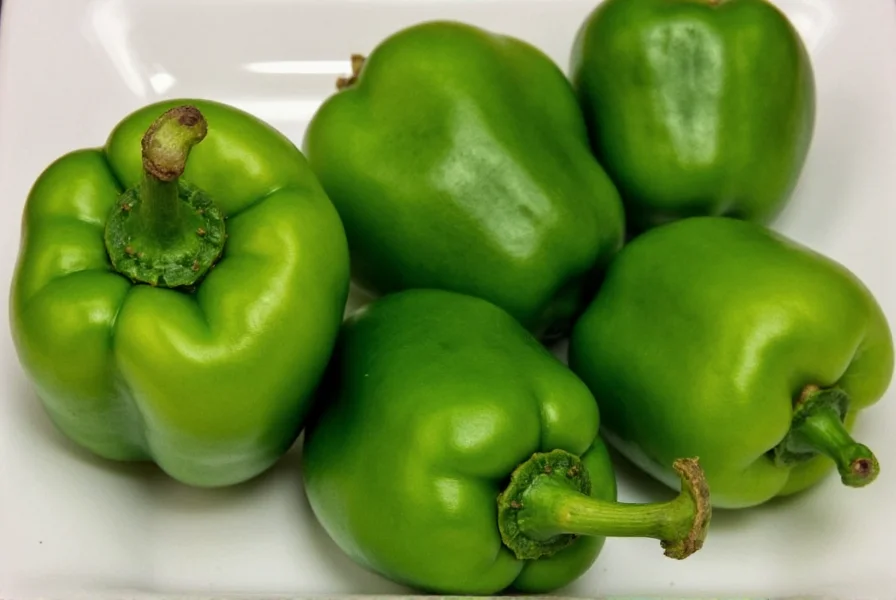
If you're new to the world of peppers, understanding the scoville scale is essential. Jalapeño peppers typically range between 2,500 to 8,000 Scoville Heat Units (SHU), placing them in the mild to medium heat category. This makes them ideal for those who want a bit of heat without overwhelming their palate.
But it's not just about the heat—it's also about the flavor. The jalapeño peppers offer a complex flavor profile that includes a fresh, grassy note, a hint of citrus, and a smoky undertone when roasted. Roasting them enhances their natural sweetness and deepens their flavor, making them perfect for sauces, salsas, and marinades.
How to Use Jalapeño Peppers
One of the best things about jalapeño peppers is their versatility. Here are some ways you can incorporate them into your cooking:
- Fresh: Add sliced jalapeño peppers to salads, tacos, or sandwiches for a burst of flavor and heat.
- Dried: Use dried jalapeños (chipotle) to add smoky depth to stews, soups, and barbecue sauces.
- Roasted: Roasting brings out their natural sweetness and enhances their smoky notes. Try roasting them and blending them into a sauce or salsa.
- Ground: Ground jalapeño pepper is great for seasoning meats, vegetables, or even popcorn.
Remember, when working with fresh peppers, always wear gloves and avoid touching your face to prevent irritation from the oils.
Cooking with Jalapeño Peppers
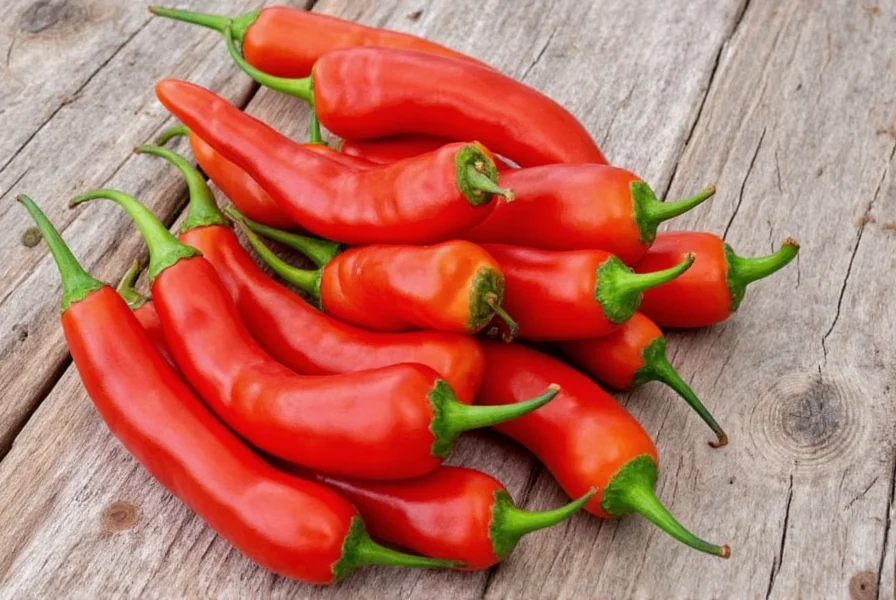
Whether you're a beginner or a pro, here are some tips for cooking with jalapeño peppers:
- Start Small: If you're not used to the heat, start with one or two peppers and adjust based on your tolerance.
- Balance the Heat: Pair jalapeño peppers with creamy ingredients like avocado, yogurt, or sour cream to tone down the spiciness.
- Use in Sauces: A simple jalapeño pepper sauce can transform any dish. Blend them with garlic, lime juice, and olive oil for a quick and tasty condiment.
- Experiment: Don't be afraid to try different preparations. From pickling to smoking, there are countless ways to enjoy these peppers.
They also work well in fusion cuisine. Try adding them to pasta sauces, grilled meats, or even cocktails for a unique twist.
Buying Guide
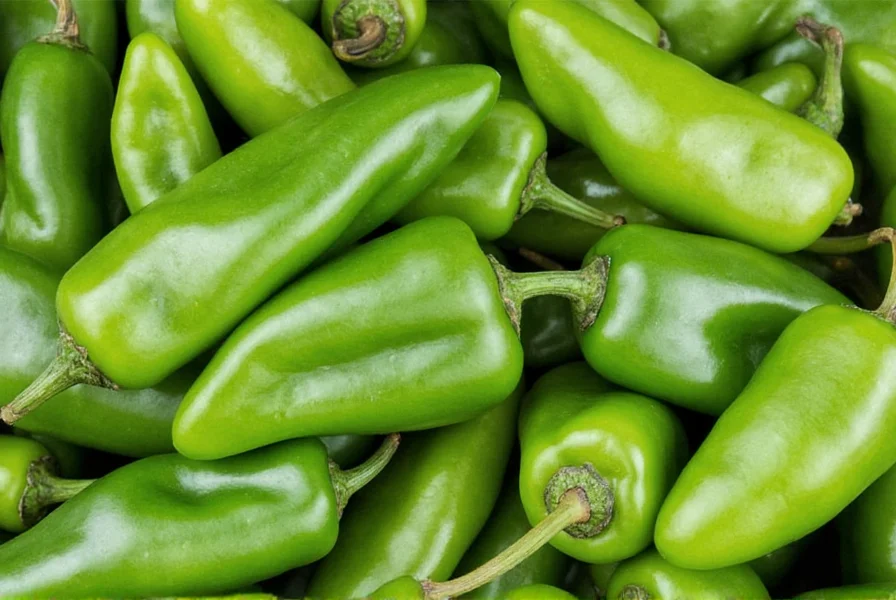
Types of Jalapeño Peppers
| Type | Description | Best For |
|---|---|---|
| Fresh | Small, green or red peppers with a crisp texture. | Salsas, tacos, and garnishes. |
| Dried (Chipotle) | Dark brown, smoky, and intensely flavored peppers. | Stews, sauces, and slow-cooked dishes. |
| Ground | Finely ground pepper with a strong aroma. | Seasoning meats, vegetables, or snacks. |
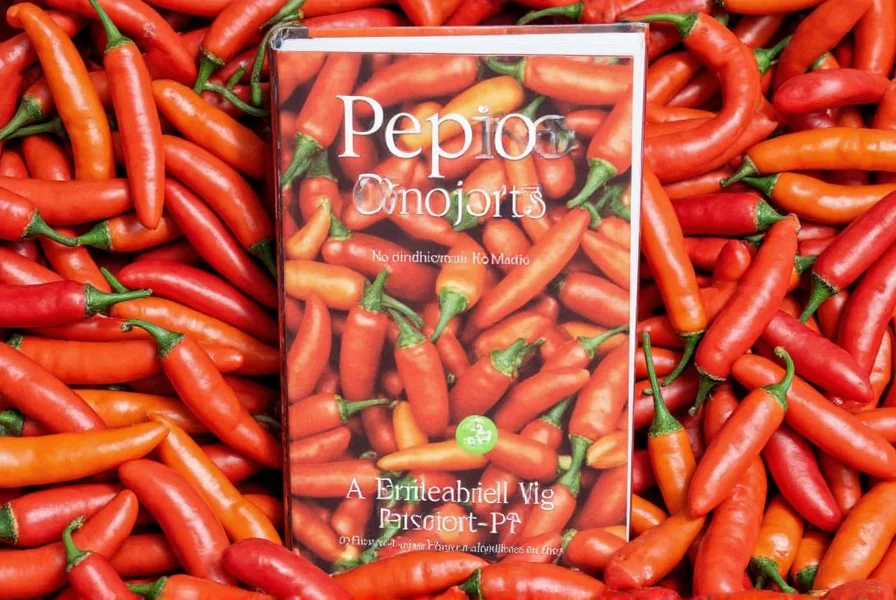
Where to Buy
For the freshest jalapeño peppers, look for specialty grocery stores, farmers' markets, or online retailers that specialize in international ingredients. Some popular brands include:
- MexiFoods: Offers a wide range of fresh and dried jalapeño peppers, ideal for home cooks and chefs alike.
- SpiceLovers: Provides high-quality ground jalapeño pepper perfect for seasoning and baking.
- LatinMarket: Has a variety of traditional Mexican ingredients, including jalapeño peppers in different forms.
When buying, check the packaging for freshness, especially if purchasing dried or ground versions. Store them in a cool, dry place to maintain their potency and flavor.
Common Mistakes to Avoid
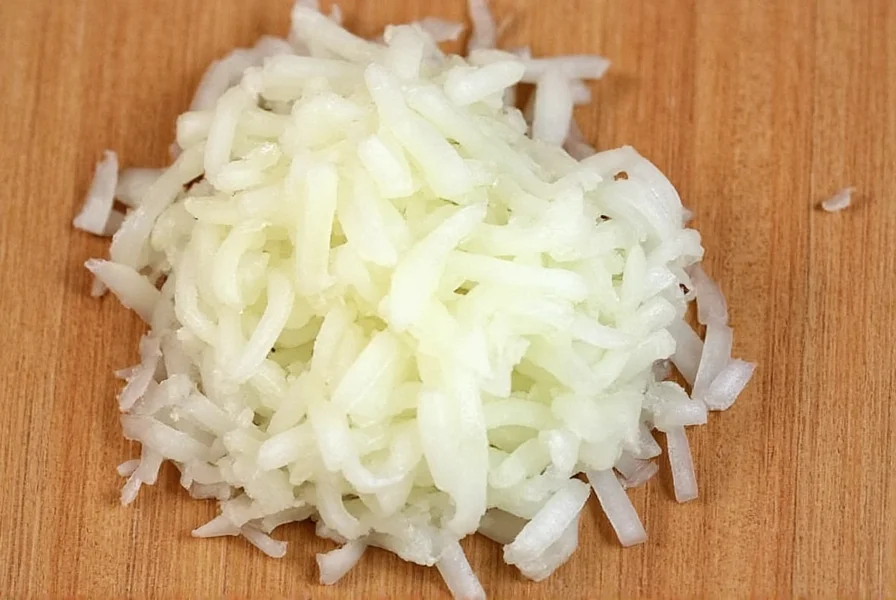
Even experienced cooks can make mistakes when working with jalapeño peppers. Here are a few to watch out for:
- Overusing the Peppers: Less is more when it comes to jalapeño peppers. Start with a small amount and adjust as needed.
- Not Removing Seeds: The seeds contain most of the heat, so removing them can help control the spiciness of your dish.
- Ignoring Storage: Fresh jalapeño peppers should be stored in the refrigerator, while dried or ground versions need to be kept in airtight containers away from moisture.
- Using the Wrong Preparation: Each form of the pepper has its own best use. Make sure you're using the right version for the recipe.
By avoiding these common pitfalls, you'll get the most out of your jalapeño peppers and create dishes that truly shine.
Frequently Asked Questions (FAQ)
What are jalapeño peppers, and where do they come from?
Jalapeño peppers are a type of chili pepper originating from Mexico. They're widely used in Mexican cuisine, known for their mild-to-medium heat and fresh, vegetal flavor with a slight citrus note.
How hot are jalapeño peppers compared to other common peppers?
Jalapeño peppers measure between 2,500 to 8,000 Scoville Heat Units (SHU), placing them in the mild-to-medium heat range. They're milder than serranos (10,000-25,000 SHU) and significantly less intense than habaneros (100,000-350,000 SHU).
Can I substitute jalapeño peppers if I can't find them?
Yes! For similar heat, use serrano peppers. For milder heat, use poblano peppers. Adjust quantities based on desired intensity since substitutes may vary in spiciness.
How do I reduce the heat of jalapeño peppers in a dish?
Remove the seeds and white membranes (placenta) where capsaicin concentrates. Adding dairy (sour cream, yogurt), acidity (lime juice), or sweetness (honey) also balances heat. Cooking time affects intensity—longer cooking can mellow the heat.
Do jalapeño peppers need special storage?
Fresh jalapeño peppers last 1-2 weeks in the refrigerator's crisper drawer. Dried or ground versions should be stored in airtight containers away from light and moisture for up to 6 months. Freezing whole fresh peppers extends shelf life to 6 months.
Conclusion
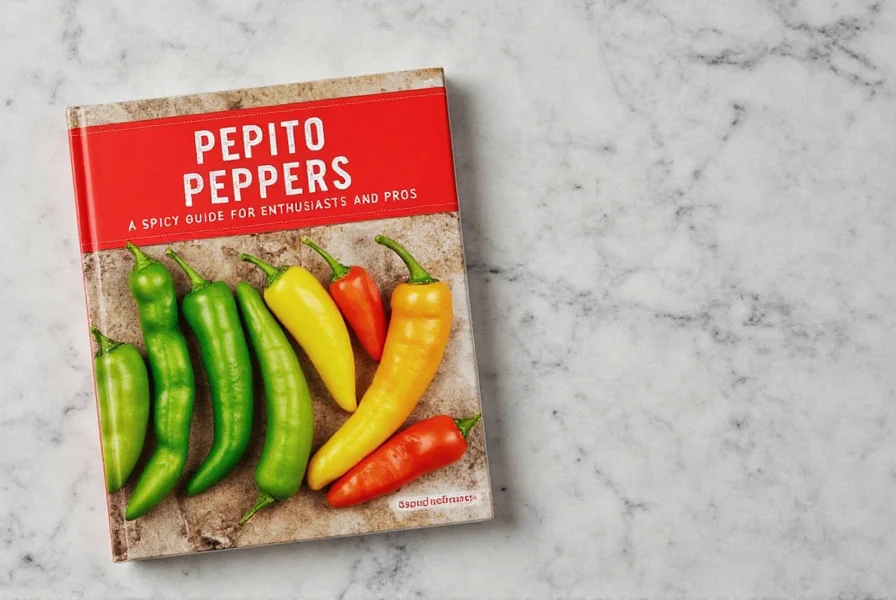
In summary, jalapeño peppers are a fantastic addition to any spice collection. Their balanced heat, fresh flavor, and versatility make them a favorite among both amateur enthusiasts and professional chefs. Whether you're using them fresh, dried, or ground, these peppers can bring a unique and exciting element to your cooking.
So next time you're planning a meal or experimenting with new flavors, consider reaching for a few jalapeño peppers. With the right approach, you'll unlock a whole new world of taste and heat that will impress your guests and satisfy your palate.










 浙公网安备
33010002000092号
浙公网安备
33010002000092号 浙B2-20120091-4
浙B2-20120091-4